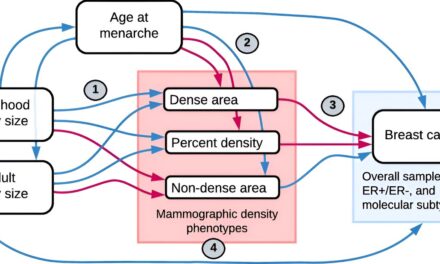
WHO’s OpenWHO education and training platform has published new online courses presenting the flagship neglected tropical disease (NTD) Road map strategy document and the accompanying Sustainability Framework.
These two courses, developed by the Department of Control of Neglected Tropical Diseases (WHO/NTD), aim to give participants a comprehensive overview of the overriding strategic goals and key challenges that NTD professionals and programmes are likely to face over the coming decade.
Ending the neglect to attain the Sustainable Development Goals: a road map for neglected tropical diseases 2021−2030 was published after an extensive global consultation and endorsed by the 73rd World Health Assembly in November 2020.
The new OpenWHO Road map course looks in detail at the global targets and milestones set out in that document and also focuses on key strategies to achieve them. These include the crucial principle of working across sectors, in order to ensure that the fight against NTDs aligns with the UN’s Sustainable Development Goals.
The Sustainability Framework course, in turn, aims to ensure that programme managers, key partners and other stakeholders are best placed to strengthen the long-term sustainability of vital NTD-related healthcare interventions. Students will learn about the factors that can affect the sustainability of NTD programmes and the processes required to ensure that national action plans foster sustainability.
Comprehensive tools for engagement and action
Students following the Road map course can engage with eight distinct modules aimed at policymakers within and beyond the health sector, national programme managers, researchers, partners, donors and development agencies. Taking some two hours to complete, the course will ensure a razor-sharp focus on prevention, control, elimination, and eradication of the 20 NTDs and disease groups now prioritized by WHO.
The Sustainability Framework course will take some 1.5–2 hours to complete and is an essential addition to the toolkits available to those whose work and mission it is to ensure that some of the poorest and most disadvantaged populations will be able to enjoy a future free from the devastating impacts of NTDs.
Participants successfully completing the assessments at the end of both courses will receive a Record of Achievement and will also be able to download an Open Badge.
More details about the courses:
- Sustainability framework for action against NTDs 2021–2030
- Road map for neglected tropical diseases 2021–2030










